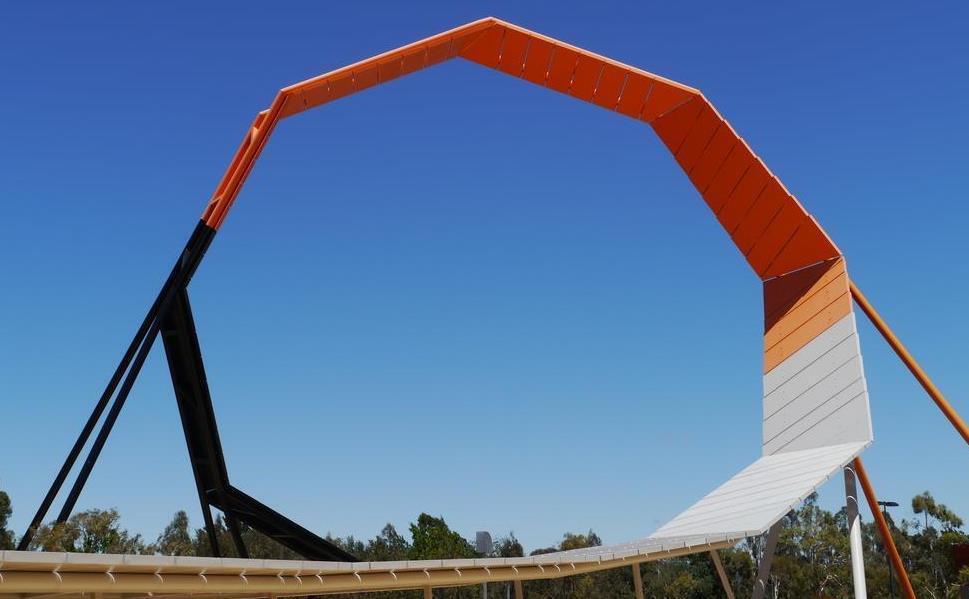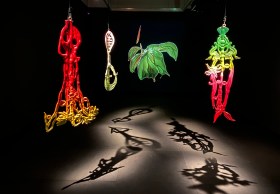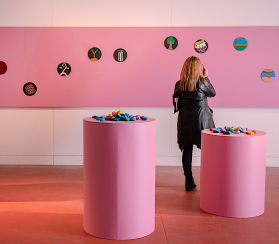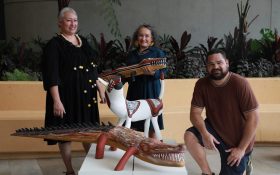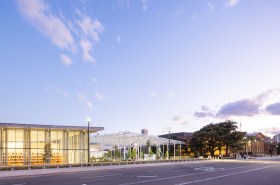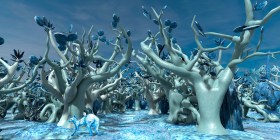Museums have been undergoing an identity crisis of late. Their definition has been overturned ever since women, marginalised people, former colonies and other groups have taken action against the Enlightenment view of museums as colonialist cabinets of curiosities. Based on material artefacts to tell the history of society, museum collections often included misused religious objects and even body parts – often without regard for the object’s owners or their culture.
The demand for the repatriation of looted artefacts has increasingly been acceded to by museums. Taking a new global view, modern museums work towards decolonising history and culture at all levels of collection, scholarship and exhibition. They operate on the principle that museums are inherently political (exemplified by the Twitter hashtag #MuseumsAreNotNeutral) , not disinterested scholarship, and must take on the role of interrogating history and possible futures.
